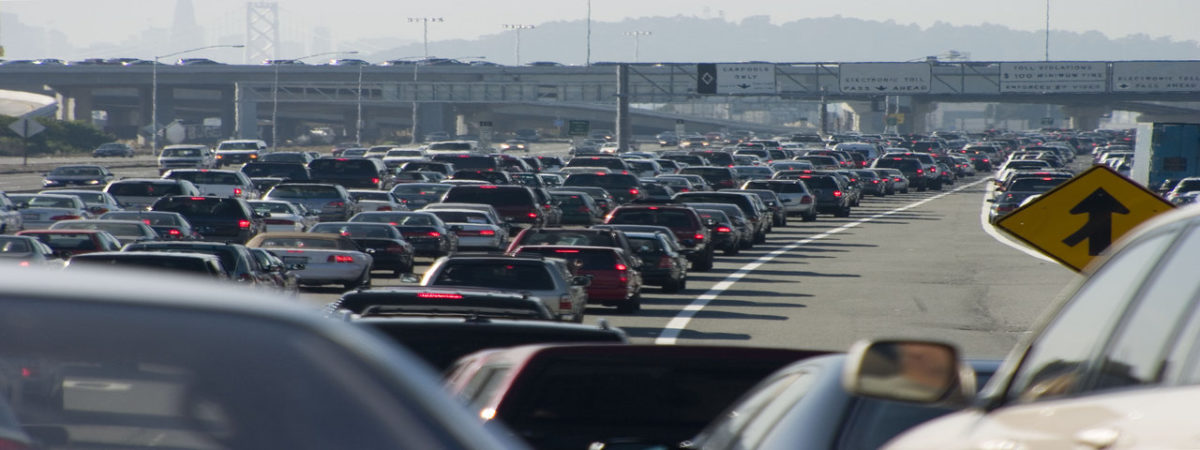EU backers are the real protectionists
SUGGESTED



In reality, this was a rare instance of a politician showing some humility and speaking truth on an economic question. For Gove was stating the bleedin’ obvious. Whether we remain or leave, the UK labour market is incredibly dynamic. According to NIESR research, prior to the financial crisis, 4m jobs were created and 3.7m destroyed every year. This job creation and destruction entails people being reallocated to new positions – it’s a healthy part of the process which stops our labour market from stagnating. Remain are selling a lie if they imply all jobs would remain the same if we stay in the EU. If that was true, then why is BHS laying off workers now?
But this is a pattern for the Remain campaign. While they like to pigeon-hole those of us who want to leave the EU as “protectionists”, their whole campaign is predicated on being protectionists in the real sense of the word. That’s “protecting” anyone who does well out of the current arrangements, implying that everyone will keep their exact same jobs if we stay in, and highlighting the suffering of those who currently enjoy cushy protection due to the EU’s customs union (which imposes tariffs on imports from the rest of the world and leads to higher prices for consumers) if we leave. The official Stronger In campaign even lamented the potential threat of regulators’ jobs moving from London, which I’m sure will be etched on people’s minds in the ballot box.
Of course, the job of governments should not be to “protect” interest groups or specific industries, but to set the conditions for a healthy, growing economy generally. France offers workers supposed “protection” through extensive “workers’ rights”. So do Greece and Spain. The result is extraordinarily high unemployment rates. Nice job, if you can get it.
David Cameron has even teamed up with former TUC chief Brendan Barber to suggest Brexit could lead to a future government watering down EU-level workers’ rights. This takes some chutzpah from a Prime Minister who until very recently wanted to repatriate social and employment legislation to Britain (presumably to change something).
In fact, as countries around the world show, EU membership is neither a necessary nor sufficient condition for a healthy labour market. Three of the four European countries with the lowest unemployment rates are not in the EU. The US, Japan and Australia all have lower unemployment rates than the EU average.
Yes, if we leave and repatriate employment legislation, future governments may seek to alter it in line with changing circumstances, and will face democratic accountability for their actions. But by voting to remain there is a far bigger risk for all workers to consider: of further EU harmonisation of employment law with countries with much worse labour market performance than our own.
If Cameron and Remain are hypocritical on jobs, they are even more so on the subject of trading arrangements, which obviously affect the structure of the economy and the balance of industries. Though they sell themselves as free traders extolling EU competition, as soon as someone suggests that leaving the EU would be an opportunity to expand free trade by abolishing all tariffs, they then complain about what this will do to certain sectors. Paddy Ashdown highlighted this most clearly when he complained that Brexit might deliver – wait for it – cheaper food. The horror!
Their implication is that competition within the EU is good, but competition from the rest of the world is bad. This is awful economics – but it’s logical given that the EU is a protectionist customs union.
In fact, abandoning the EU’s high degree of protection would deliver lower prices for consumers, and allow the economy to adjust to its comparative advantages – with the competition from foreign goods spurring productivity improvements in domestic industries. Who knows what industries this would be in? You cannot centrally plan an economy. But leaving could best allow the dynamic processes of innovation and competition to operate, while giving us the freedom to reassess policies in areas like energy which have destroyed many manufacturing industries.
By deceiving the electorate about the true nature of the labour market and backing the folly of EU tariff walls, the Remain campaign is ignoring basic economics. Despite their accusations that we Brexiteers are the “protectionists”, it is the Remainers who best fit that description.
Ryan Bourne is the IEA’s Head of Public Policy, and Director of the Paragon Initiative. This article was first published by City AM.
1 thought on “EU backers are the real protectionists”
Comments are closed.





The level of the ‘debate’ over possible UK trade deals outside the EU has not been high. As long as the UK remains a member-state of the European Union, we are not permitted to make our own trade deals with other countries outside the EU. At least after Brexit we’ll be able to try. While the UK remains a member-state of the EU, we enjoy 1/28th of the services of the Swedish Trade Commissioner, who (I gather) is in charge of making trade deals on behalf of the EU and its (currently) 28 member-states. Butr when one looks at which countries the EU has made trade deals with since the passing of the Single European Act thirty years ago, it appears that of the dozen most populous countries in the world, the EU has managed to complete trade deals with only two — Nigeria and Mexico. Not China, not India, not the United States of America, not Indonesia, not Russia, not Japan, etc. The EU won’t let the UK make trade deals, but seems unwilling or unable to do so itself with the largest countries,. What on earth is going on?